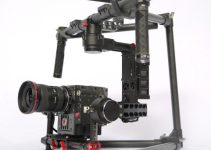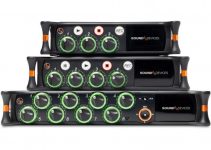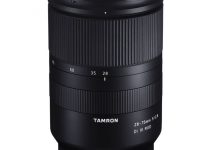Finally, Sony has taken the new tech found in the FX30 and used it to make a new flagship APS-C mirrorless – the a6700. The only problem now is trying to figure out which one is better for you.
Both offer similar functionality and relatively similar price points. However, the design is vastly different and each does have distinct features that make them better suited to different types of users.
If you have the dilemma of choosing between these two great cameras you’ll want to check out this comparison from Mark Bennett’s Camera Crisis. By diving deep into the differences it just might help you find which one is best for you.
Image quality between the two cameras is identical. They do use the same image sensor and processor which is a 26MP APS-C CMOS.
All the recording options, such as 4K 120p with a slight crop, Picture Profiles, codecs, and more are all the same, too.
Most of the other features are similar as well. There is focus breathing compensation, focus maps, user LUTs, and plenty more.
Let’s look at the differences.
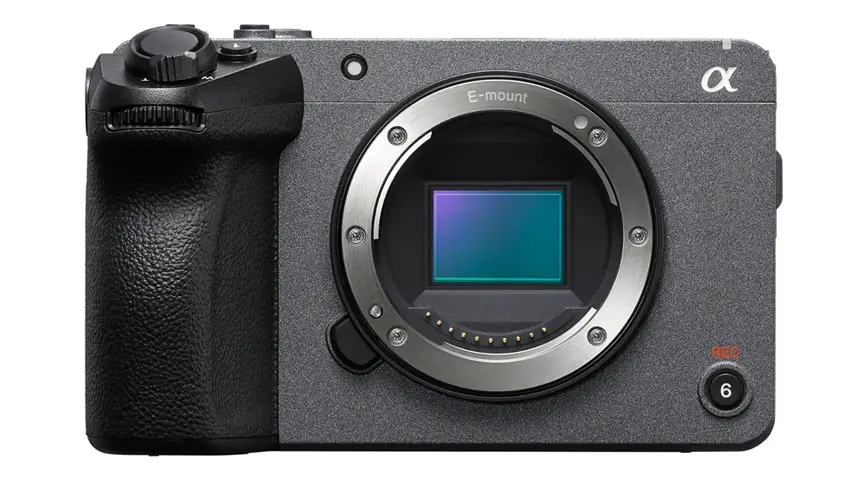
Image Credit: Sony
FX30 Advantages
Designed for more professional video work there are some features unique to the FX30:
- Dual CFexpress Type A/SD slots
- Integrated fan for heat management (no overheating in 4K 120p)
- Raw output over HDMI
- Full-size HDMI
- Better 2.36m-dot LCD
- Cine EI Mode
- Timecode support
- Zoom rocker
- Built-in 1/4”-20 mounting threads
- Optional XLR Handle Unit
Overall that’s a serious list of advantages for the FX30. It definitely has more support for pro workflows and needs with the dual card slots and better cooling to eliminate overheating.
The raw output and full-size HDMI port will definitely provide much more reliable support for external monitors.
For usage it even has Cine EI and timecode for being part of professional sets and workflows with other equipment. And, for design, the integrated mounting points and optional XLR handle unit make the camera much more functional out of the box.
Looking great for pro videographers.
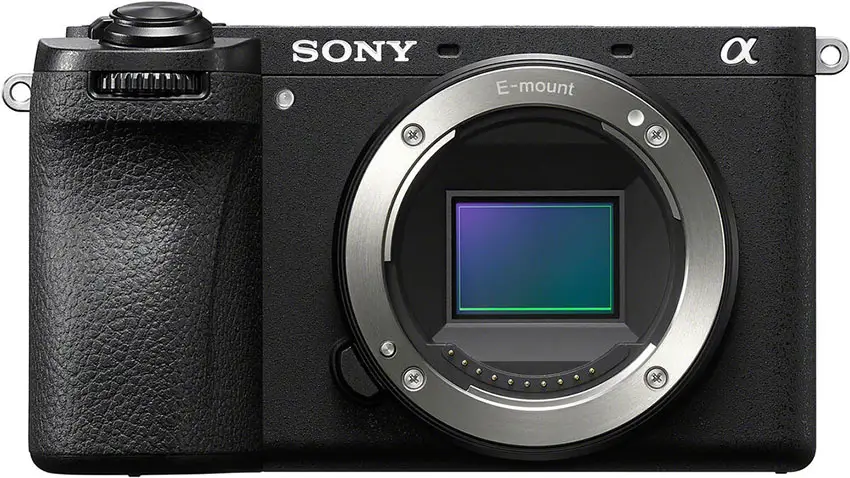
Image Credit: Sony
a6700 Advantages
Now for the a6700’s turn:
- Built-in 2.36m-dot EVF
- 11 fps continuous shooting
- Mechanical shutter
- AI Processing Unit for better AF
- AI Auto Framing
- Better touchscreen functionality
- Timelapse mode
- Better Clear Image Zoom
- Smaller and lighter
- 4K 30p USB streaming
- Cheaper ($1,398 vs $1,798)
One of the biggest differences is the inclusion of an EVF on the a6700. For some this could be what makes the a6700 worth it. For stills, the a6700 includes a mechanical shutter while the FX30 doesn’t.
This is very important for stills as you won’t get rolling shutter and can work more effectively with flash. Plus, it is way faster at 11 fps for sports and action photography.
Having later processing, including the AI Processing Unit, does add a couple features. The AI system has improved subject recognition and tracking and adds the auto framing function first seen in the ZV-E1.
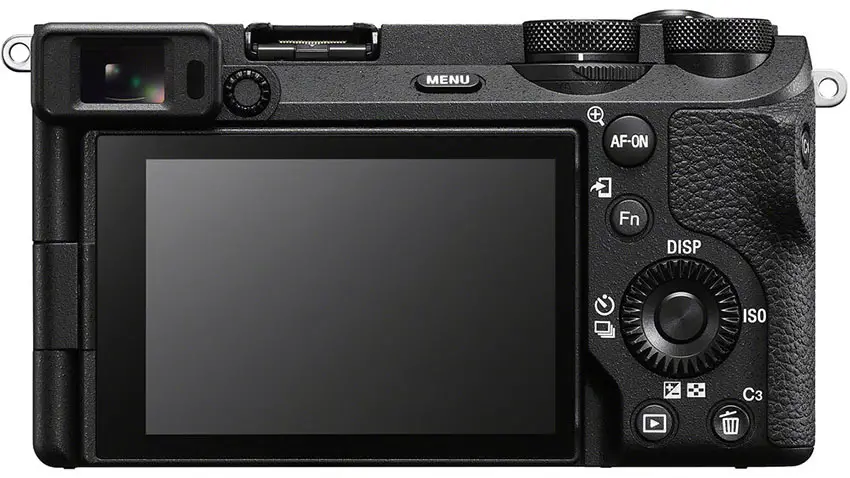
Image Credit: Sony
Operation is more limited with physical controls but Sony did add better touch controls to alleviate some of the restrictions.
It’ll now do timelapses in camera. Clear Image Zoom becomes more functional as well since you won’t lose AF tracking anymore.
As for design it is much lighter and smaller than the FX30. This can make a difference for everyday carrying and vlogging. USB streaming is improved with support for 4K 30p.
Which One is Best for You?
Well, if you want to simplify things then the FX30 does seem like the better choice for video-only use while the a6700 is going to deliver nearly the same image quality for video and vastly improved stills shooting.
Another consideration is that the a6700 does have some improved features and if you are a content creator who doesn’t need all the extra pro features of the FX30 then the cheaper a6700 may be a better fit.
Which one of these cameras would you pick up?
[source: Mark Bennett’s Camera Crisis]
Order Links:
Disclaimer: As an Amazon Associate partner and participant in B&H and Adorama Affiliate programmes, we earn a small comission from each purchase made through the affiliate links listed above at no additional cost to you.


